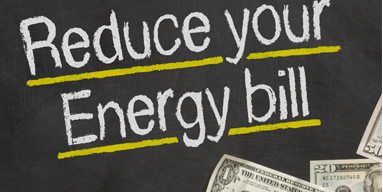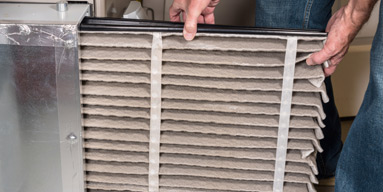Air Conditioning Efficiency Tips to Reduce Utility Bills
According to the Department of Energy, conditioning the air in your home, both heating and cooling takes the largest single percentage of your energy bill—between 48 and 52% of the total bill. With the long cooling months right around the corner, here are 8 no-cost methods of reducing your AC costs.
- Clean around the AC condenser unit outside. Since the fan is pulling air through the aluminum fins, it is suctioning leaves, grass clippings, and debris between the fins. Use a hose and clean the fins thoroughly to keep the unit from overheating.
- Vacuum clean the indoor vents and move anything that might cover the vents. Open vents allow the free flow of that “oh so nice” air right where you need it. Covered vents restrict airflow and create hot spots.
- Program your thermostat if possible. It might take a little time for you to program, but it can make a big difference. Here’s how:
- Department of Energy estimates a 1% savings per degree for an 8-hour span. If you turn the AC temp UP 5 degrees for eight hours, you will save 5% of the cooling cost for the day.
- If you program your thermostat to increase the temperature in your home while it is vacant during work hours, you can achieve these cost savings without feeling it at all. Schedule the AC to cool it off on your drive home. (The same savings holds true during heating months as well.)
- Keep lamps, TVs, and other heat-producing appliances 3’ away from your thermostat. The heat of the device will give the thermostat a false reading, keeping the AC unit on longer.
- Close your blinds and curtains during the heat of each summer day. The summer sun warms the house and drives the AC cost way up. When you arrive home from work, open the curtains and enjoy the less harsh evening rays.
- Clear the drain lines coming from the evaporator coil and pan. This is on the inside, at the AC/furnace unit, a hose or PVC line running to a drain. Pour a cup of bleach in the line and chase it with a gallon of water to remove debris and organic matter. This avoids the water overflowing from the pan and leaking from the unit.
- Avoid using heating-producing appliances, such as the dryer, oven, and dishwasher during the heat of the day. Wait until the evening hours, when the AC unit has less of a load and can handle the rise in temperature.
- If your home has uninsulated ductwork in unconditioned spaces, such as attics or crawlspaces, insulating the ducts will be a very low-cost/very effective cost-saving measure.
Money-saving tips don’t always require spending a lot of money when it comes to your HVAC system.
Want more information about Air Conditioning Efficiency? We Can Help!
If you are considering to better your Air Conditioning Efficiency, call us at 281-238-9292 or contact us via email.
Connect with All Cool AC and Heating on Facebook.
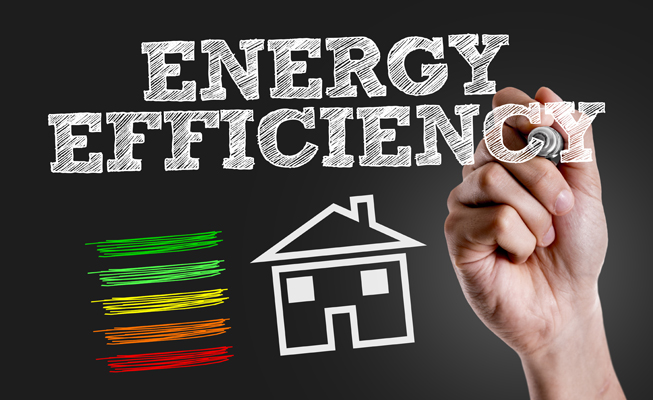
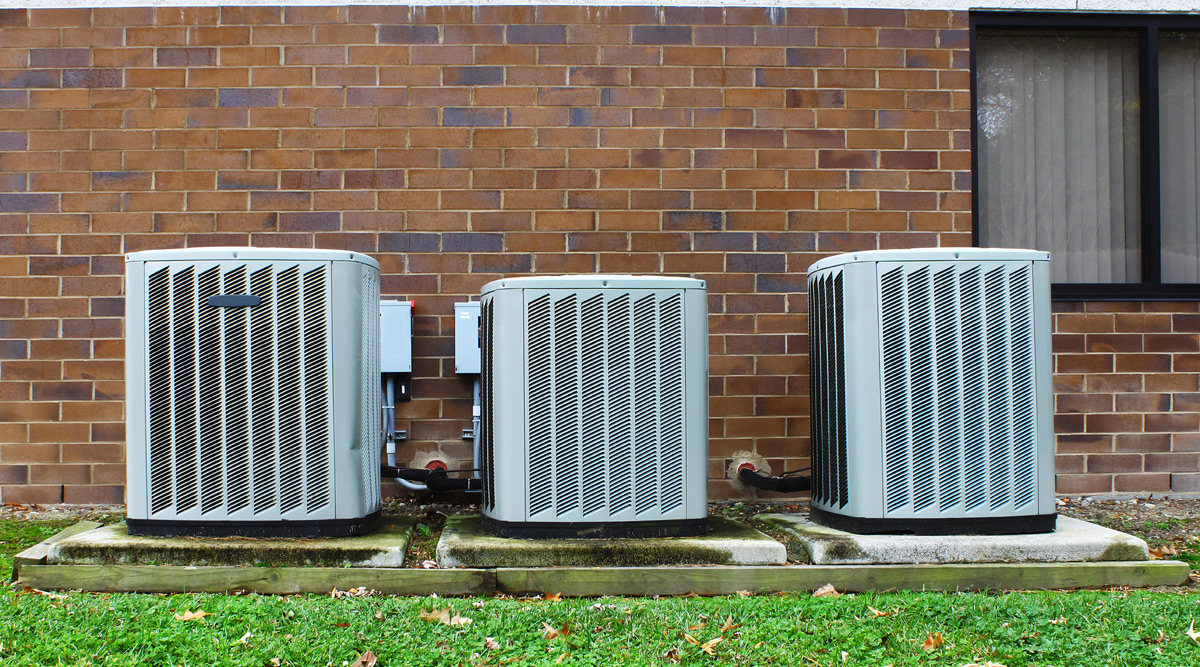
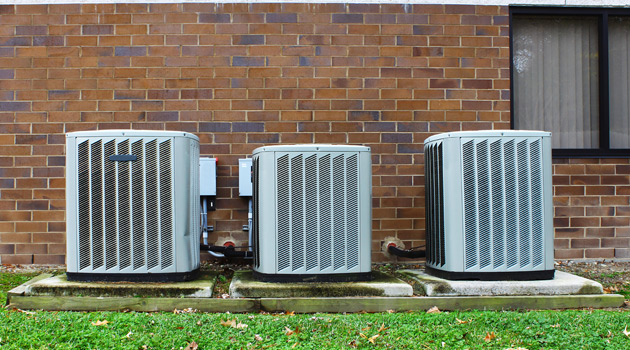
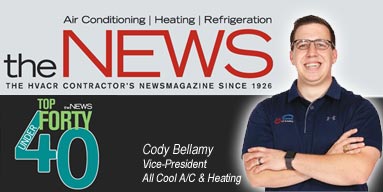



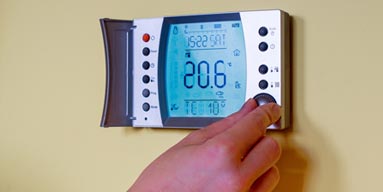

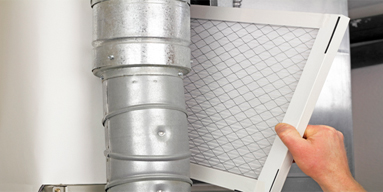
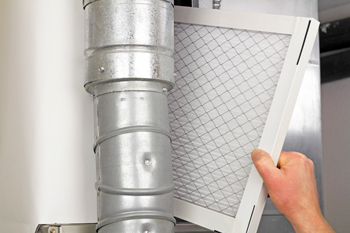 Inspect your air filter. When your HVAC systems are working at their hardest, your air filter should be inspected monthly and replaced more frequently to keep the filter free from dust and debris build-up. You may be required to change the filter more frequently during the summer, so we recommend having replacement filters readily available.
Inspect your air filter. When your HVAC systems are working at their hardest, your air filter should be inspected monthly and replaced more frequently to keep the filter free from dust and debris build-up. You may be required to change the filter more frequently during the summer, so we recommend having replacement filters readily available.